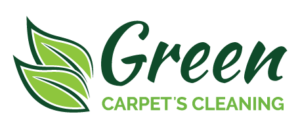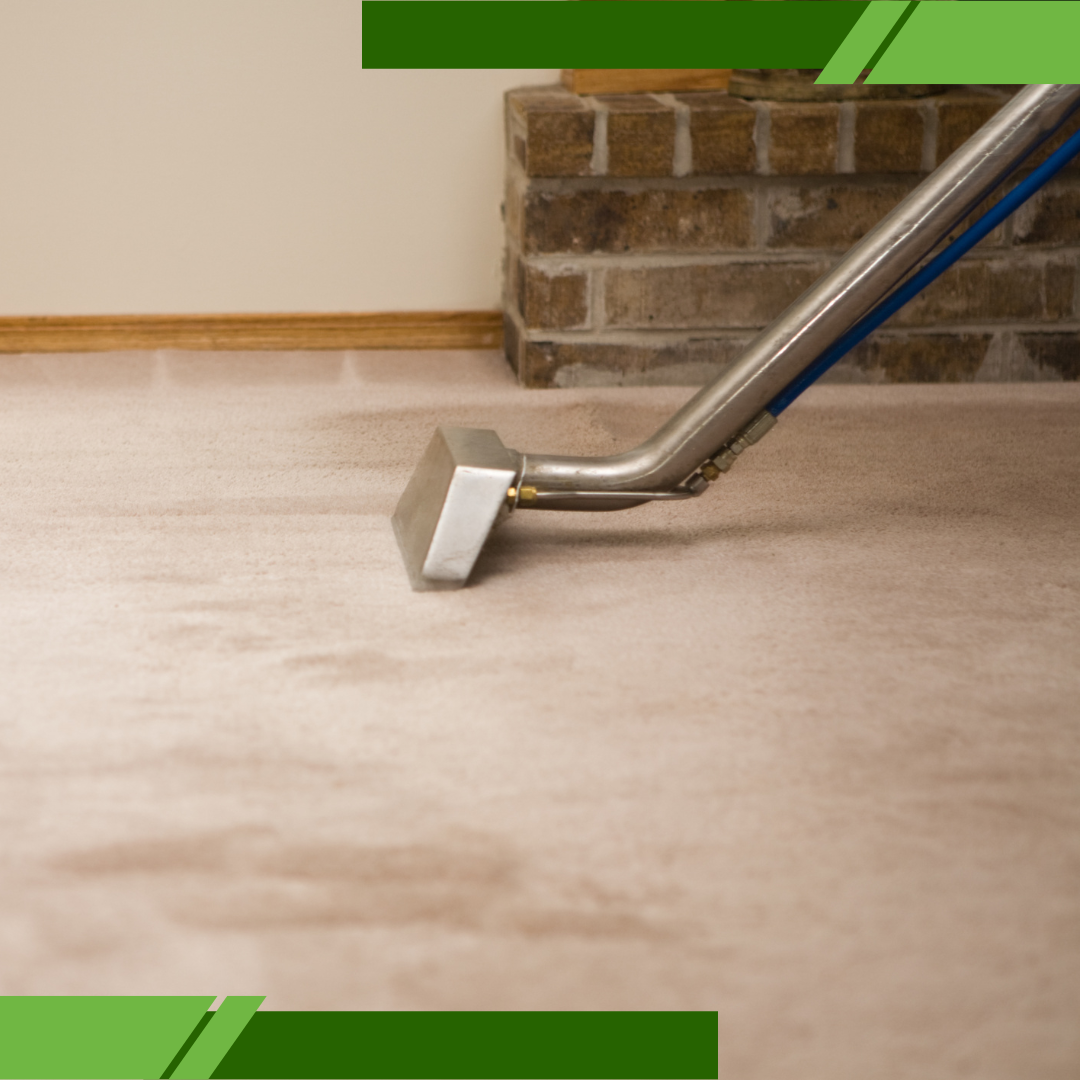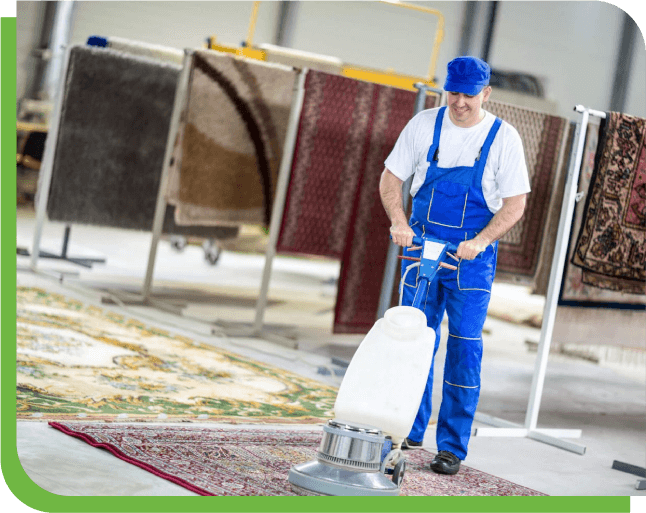Get in touch
Fill this up to proceed

We are committed to providing a world-class carpet, rug, upholstery, drapery or mattress cleaning services that will open your door to a happier and healthier green indoor environment.

If you’re like most people in Encino, you probably love having plants around your home. They add life, color, and a little piece of nature to your living space. But what most plant lovers don’t talk about is the silent downside—some serious problems tied to indoor hygiene with houseplants. While they look innocent, your indoor jungle might be quietly messing with your home’s cleanliness.
From hidden mold to odd smells and even tiny bugs, there’s a lot more going on in those pots than you might think. But don’t worry—this isn’t about scaring you away from your favorite monstera or spider plant. Instead, it’s all about awareness. Once you know what to look out for, you can keep your home clean and healthy while still enjoying all the benefits of houseplants.
Let’s dig into the six issues that often go unnoticed but can seriously affect indoor hygiene with houseplants.
Plants need water to grow—but too much water is the start of one of the most common problems: mold. It thrives in warm, damp places like the surface of potting soil. The worst part? Mold spores aren’t always visible. They could be floating in the air, landing on carpets, curtains, and even your clothes.
When mold grows in your pots or under leaves, it doesn’t just hurt the plant—it can hurt you, too. People with allergies or asthma often feel the effects first. And when left unchecked, that mold can spread to walls and soft furniture nearby, making indoor hygiene with houseplants a real concern. The best way to avoid this is to water only when the topsoil is dry, avoid watering late in the evening when air circulation is lower, keep a small fan nearby to improve airflow, and remove dead leaves before they decay and invite mold.
Most people don’t realize it, but your plants collect just as much dust as your furniture. The leaves act like little air filters, catching particles floating through your home. Over time, that dust builds up. It doesn’t just block sunlight from reaching the plant—it also affects air quality.
When dust builds up on leaves, it’s a hidden threat to indoor hygiene with houseplants. It adds to the overall dust load in the room, which then settles into your carpet, bedsheets, and couches. Keeping this in check means wiping down large leaves gently with a damp cloth every couple of weeks, using a soft paintbrush or handheld mister for smaller leaves, and avoiding feather dusters that simply push dust into the air. And if your plants are near carpets or upholstered furniture, professional Carpet Cleaning Encino can help eliminate lingering allergens.
Ever notice tiny flies around your indoor plants? Those are usually fungus gnats, and they love moist soil. But that’s just the beginning. Aphids, spider mites, and scale bugs can also move in without being noticed. And they don’t just stay on your plants—they can crawl onto walls, windows, and furniture.
This is where indoor hygiene with houseplants turns into a real cleaning challenge. These pests lay eggs in the soil, crawl around your home, and even get into clothes or pet fur. To stop them, use yellow sticky traps to catch flying insects, spray neem oil or insecticidal soap weekly, quarantine any new plants before introducing them to others, and avoid overwatering, which creates the perfect environment for pests. If bugs spread beyond the pots and into fabric, it might be time to get help from trusted carpet cleaning specialists who know how to restore soft surfaces without damaging them.

You may have walked into your home in Encino and noticed a strange smell—something earthy, a bit stale, or slightly sour. That’s a common side effect of having too much moisture around your plants. Water pooling in trays, wet soil, and poor air circulation can combine to create unpleasant odors.
When these smells go unchecked, they can sink into rugs, couches, and curtains—making indoor hygiene with houseplants more complicated than you’d expect. To keep odors away, empty plant trays within 30 minutes of watering, add activated charcoal to the soil to help absorb moisture, and open windows regularly to let fresh air circulate.
You might place pots on window sills, bookshelves, or even kitchen counters. But every time you water, repot, or move a plant, you risk spreading soil, water rings, or bits of leaves. These little messes become hiding spots for bacteria or pests.
Here’s where indoor hygiene with houseplants gets risky—especially in shared or food-prep spaces. Without frequent cleaning, those spots can quickly become breeding grounds for bacteria. The solution is to use trays under pots to catch leaks, avoid placing plants near dishes, stoves, or utensils, and wipe down surfaces beneath and around pots regularly.
Not all plants are friendly to everyone. Some release pollen, others have sticky sap, and many trap allergens like dust and mold. For sensitive people, this can turn your indoor oasis into a nightmare of sneezing, coughing, and itchy eyes.
Even if you’re careful, bad indoor hygiene with houseplants can trigger reactions you wouldn’t expect. It’s not just pollen—mold spores from wet soil or mildew on leaves also play a big role. Symptoms may include a runny nose or congestion, red and itchy eyes, coughing or a tight chest, and itchy skin after touching plants. To lower your risk, choose low-allergen plants, wash your hands after touching plant leaves, and keep plants out of bedrooms if allergies persist.
Whether you’re in Encino or anywhere else, keeping up with indoor hygiene with houseplants means balancing plant care with a clean home. That involves wiping leaves every two weeks to remove dust, repotting with fresh dry soil, watering wisely to prevent excess moisture, checking leaves for pests or mildew, placing plants away from food and bedding, and deep cleaning the surrounding areas often.
Bringing nature indoors is more than just trendy—it’s good for your mood and your space. But just like anything else in your home, your plant corner needs care beyond water and sunlight. When you stay alert to the risks of indoor hygiene with houseplants, you protect your health, your furniture, and your air quality.
A few small steps can make a huge difference. Check your soil, wipe your leaves, and pay attention to where your plants live. If they share space with rugs, upholstery, or bedding in your Encino home, don’t wait for smells, stains, or bugs to show up. Take action early.
Your plants deserve love, and so does your home. Keep both thriving with just a little awareness and a regular cleaning routine.
Look for signs like musty odors, visible mold on soil or leaves, or tiny flying insects around your plants. These are early indicators that your plant care routine may be affecting your home’s cleanliness.
Wipe their leaves every two weeks with a damp cloth and inspect for pests or mildew regularly. Also, water only when needed and avoid letting soil stay soggy.
Yes, some plants release pollen or sap or hold onto dust and mold that may trigger allergies. Choosing low-allergen plants and maintaining good hygiene can help reduce those risks.
Avoid placing them near food prep areas, bedding, or soft furniture where moisture, pests, or mold can spread easily. Keep them in well-ventilated areas with natural light.
Remove stagnant water, replace damp soil, and increase airflow in the room. If odors linger, deep-clean nearby fabrics or consult a cleaning specialist.

We are committed to providing a world-class carpet, rug, upholstery, drapery or mattress cleaning services that will open your door to a happier and healthier green indoor environment.
We are committed to providing a world-class carpet, rug, upholstery, drapery or mattress cleaning services that will open your door to a happier and healthier green indoor environment.